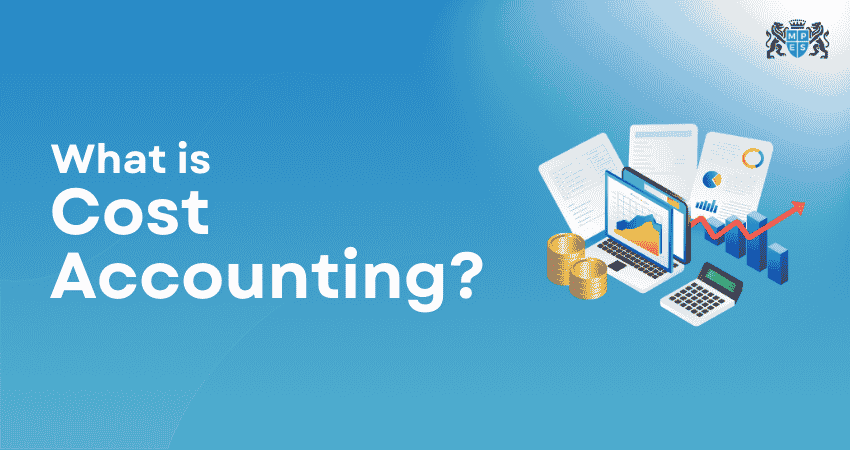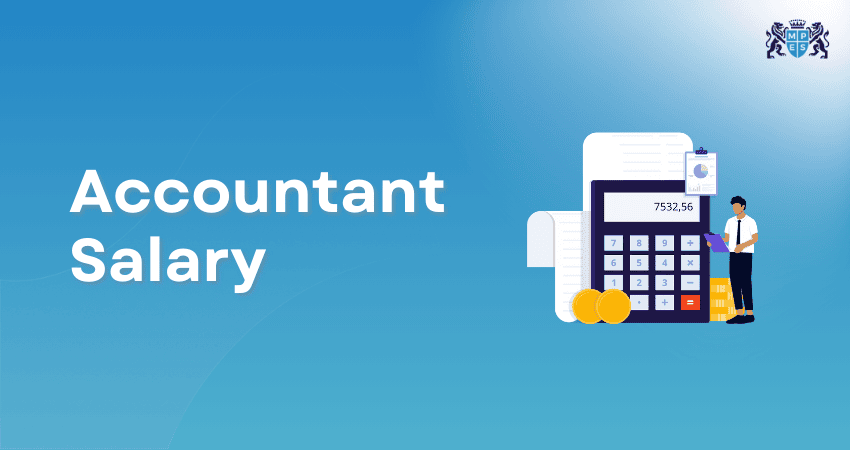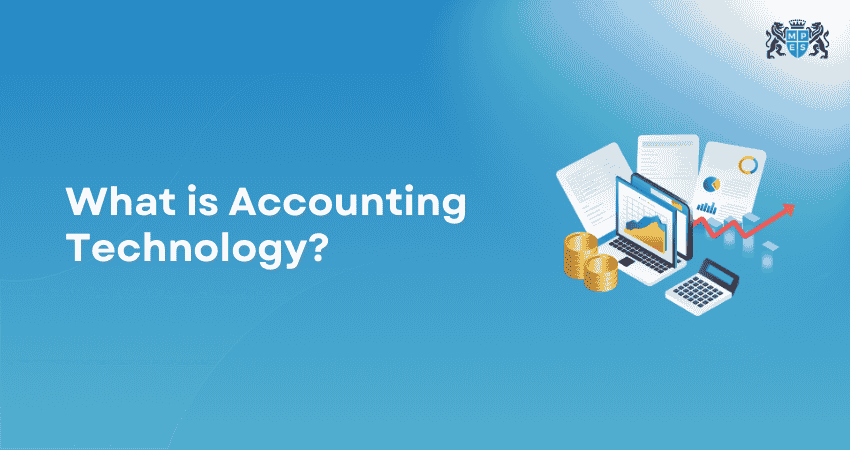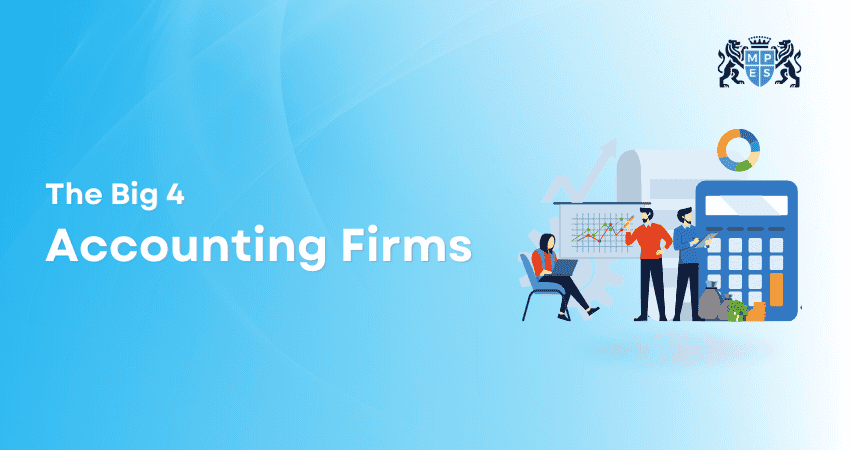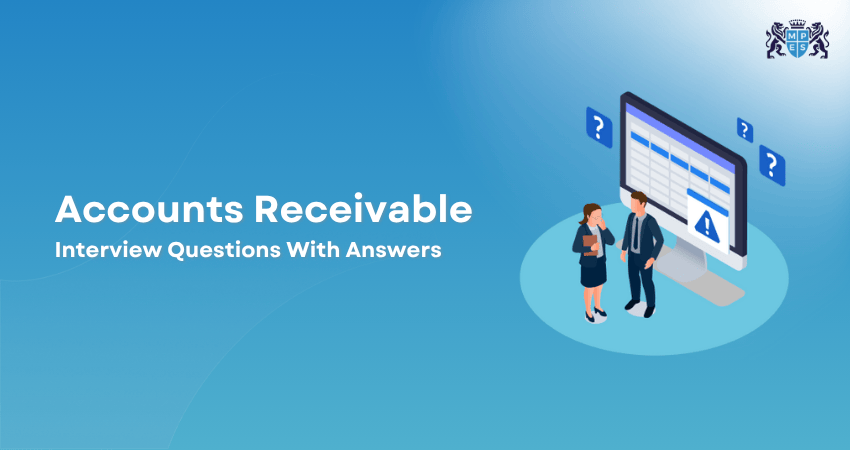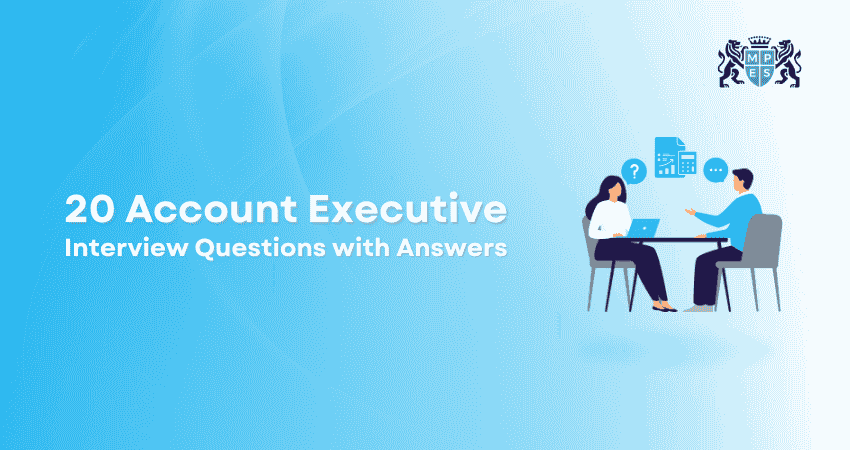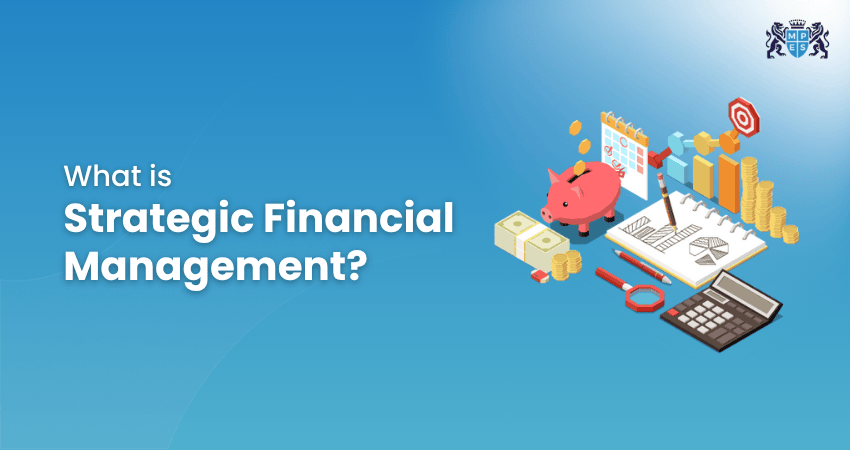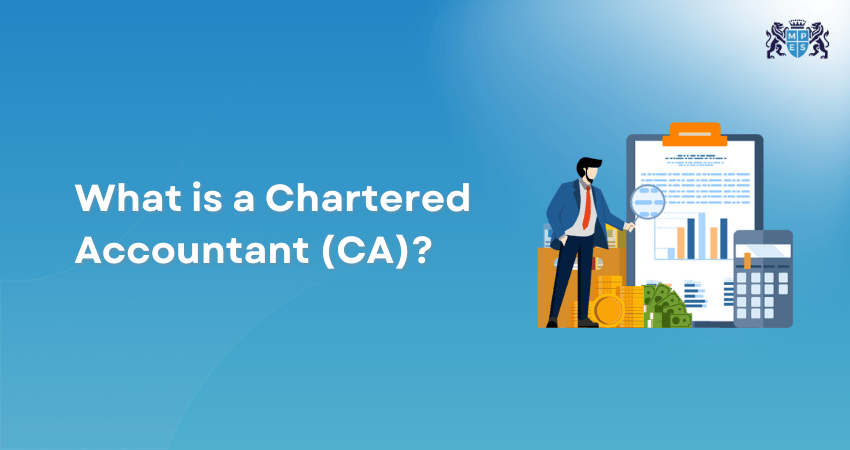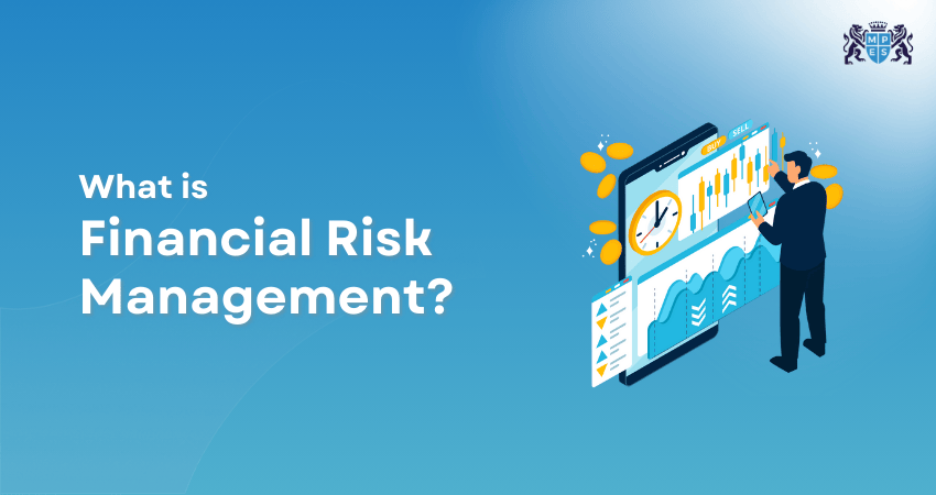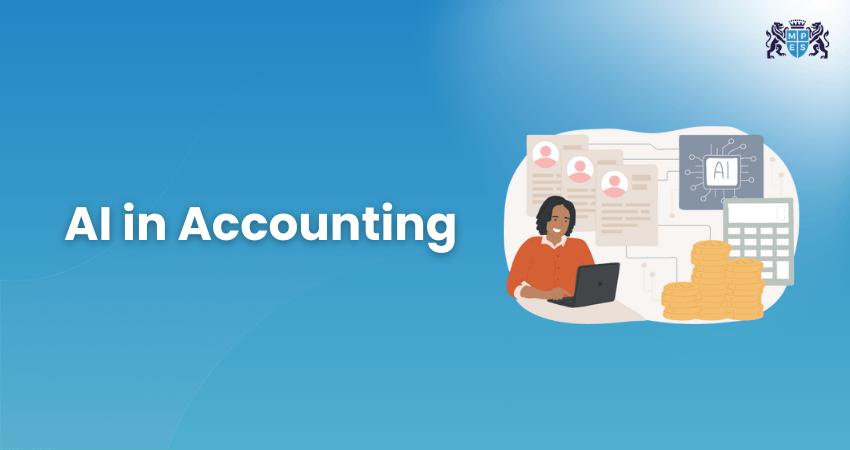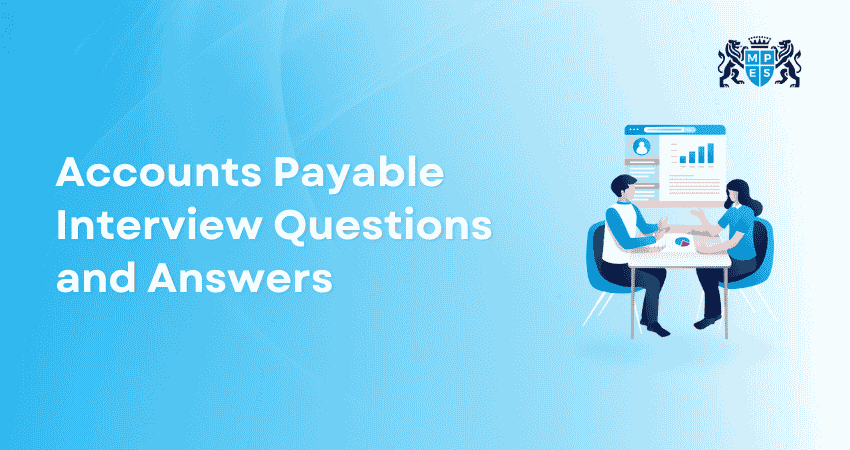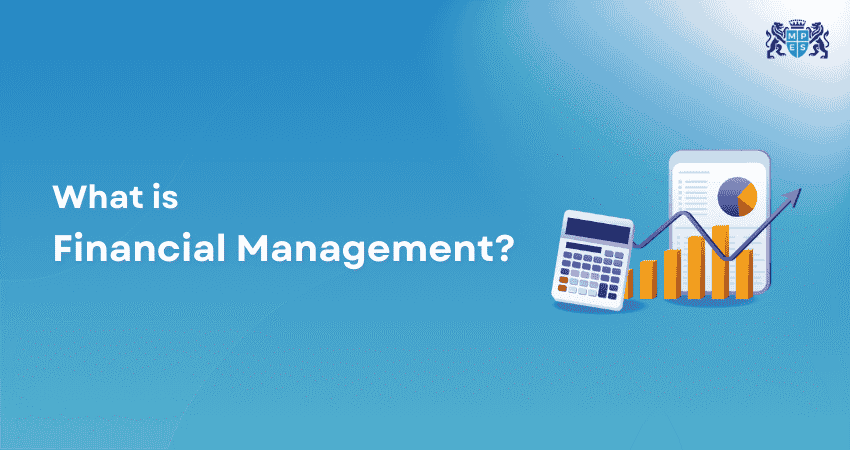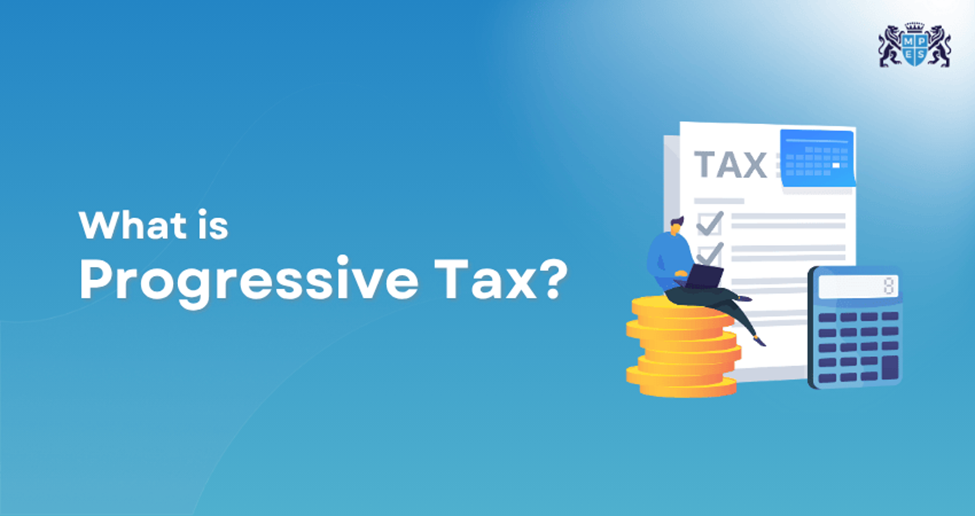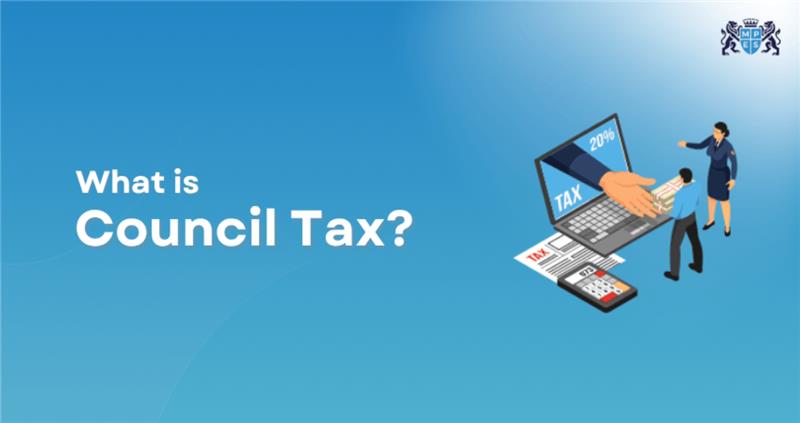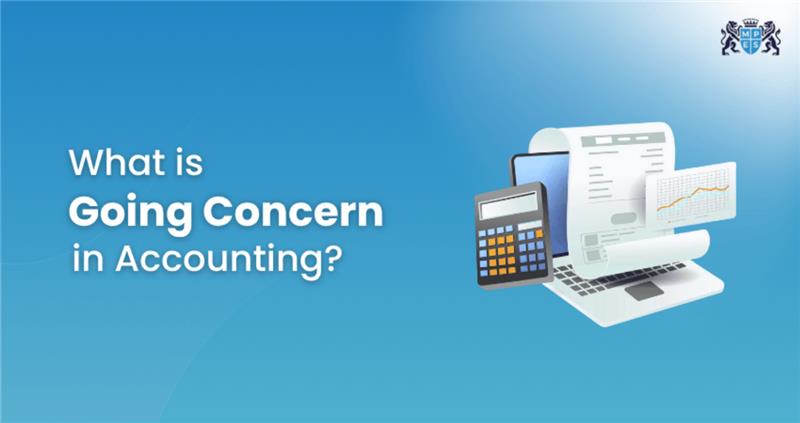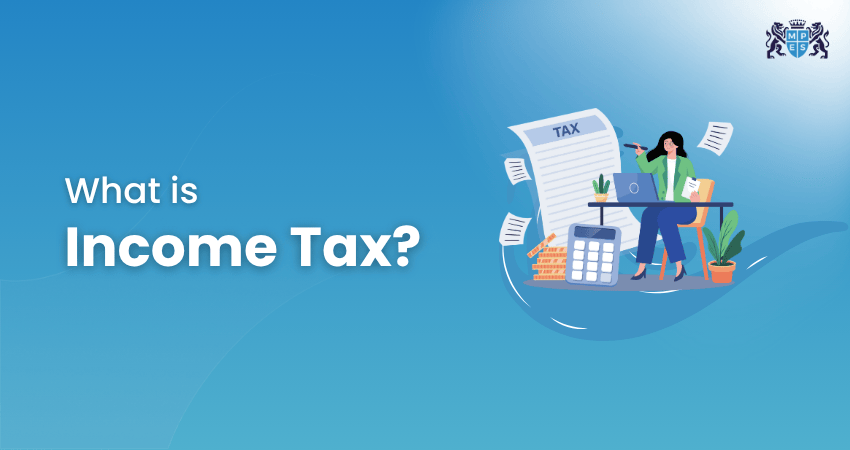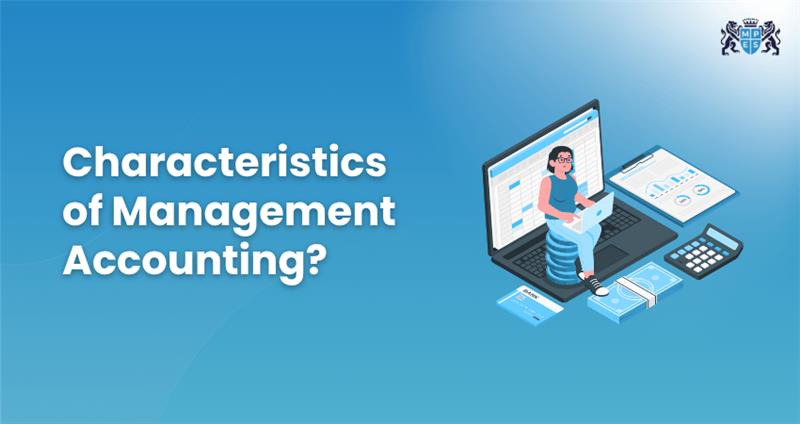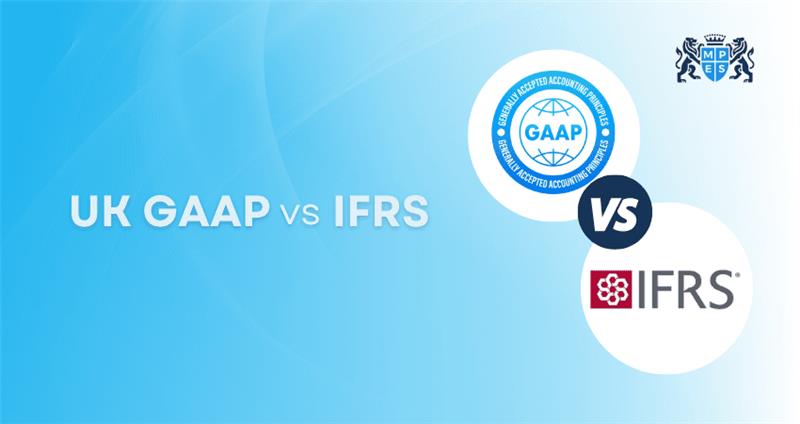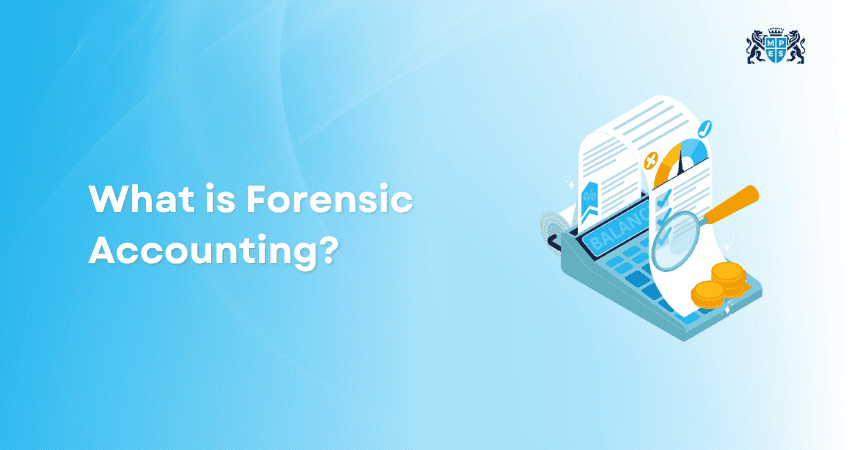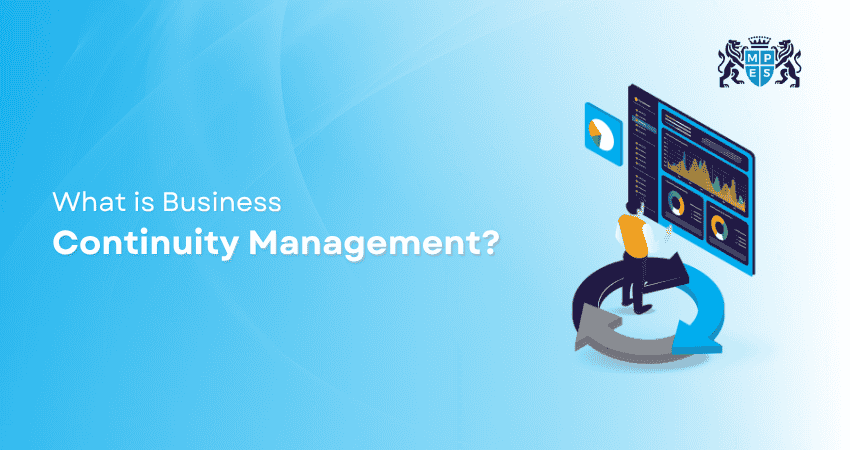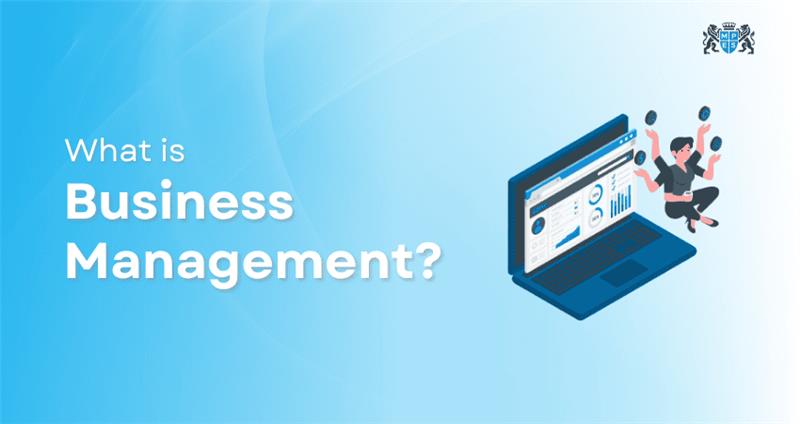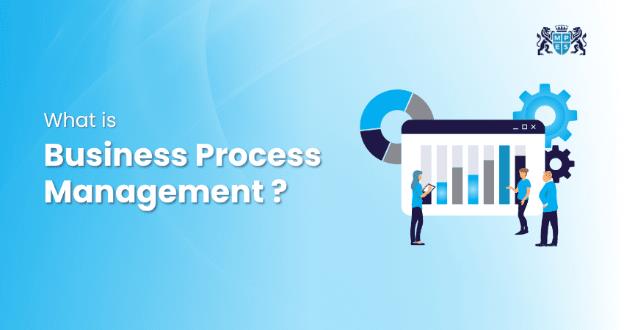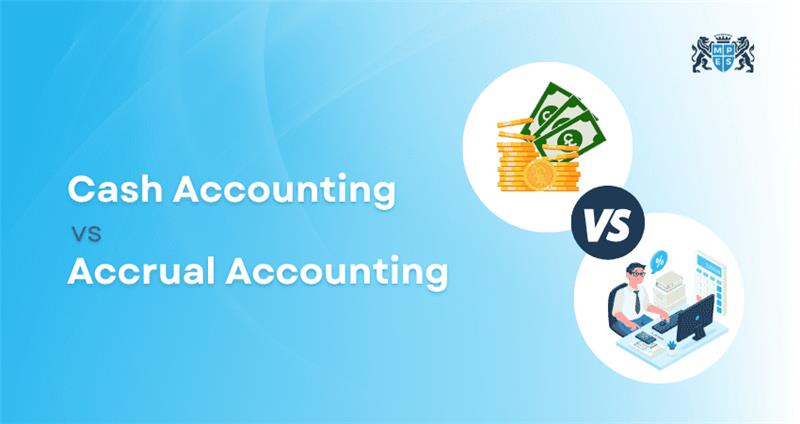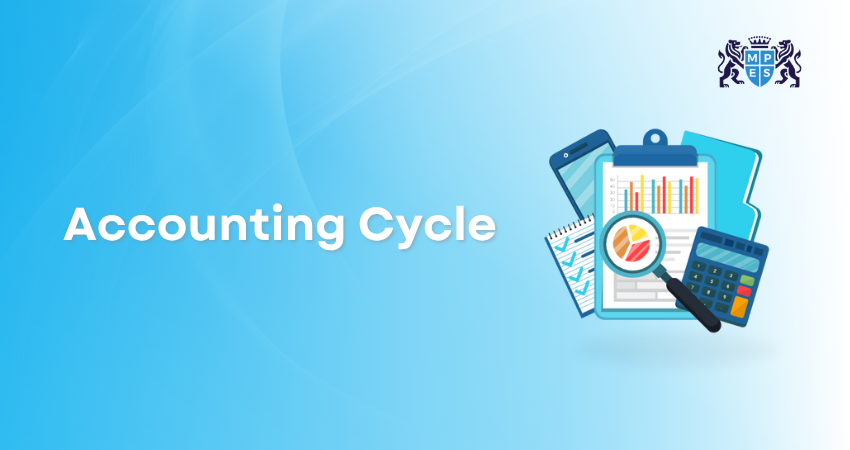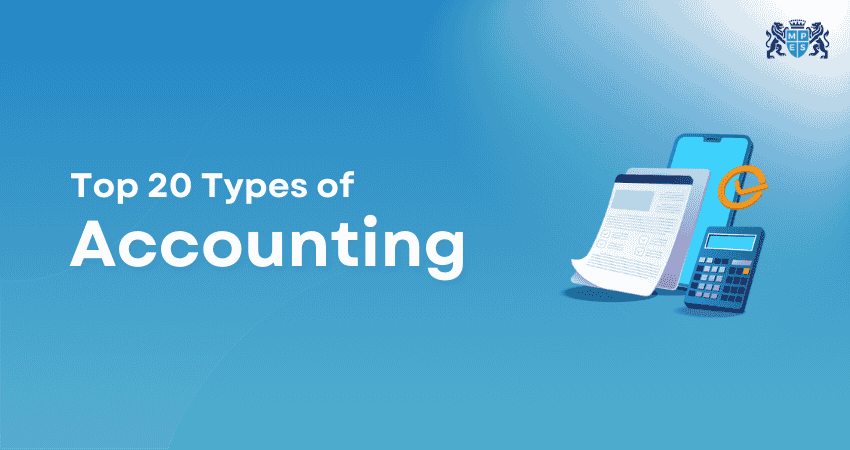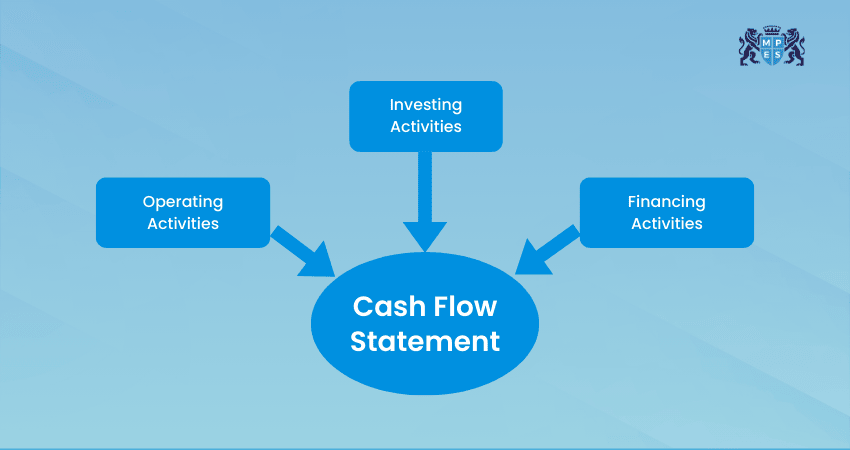Learning Options
- Online Video-Based Learning
- Flexible Schedule
- Expert Trainers with Industry Experience
- High Pass Rates
- 24/7 Personalised Support
- Interactive Learning Materials
- Live Online Classes
- Expert Trainers with Industry Experience
- Live Assessment and Feedback
- Interactive Learning Materials
- Networking Opportunities
- High Pass Rates
Overview
The SAP Finance and Controlling (FICO) Training Course is designed for professionals aiming to enhance their knowledge and skills in SAP financial accounting and controlling modules. SAP FICO is a vital part of any organisation’s financial operations, integrating financial management with reporting, budgeting, and cost tracking. This course equips delegates with the tools to efficiently use SAP FICO to optimise business processes, manage financial data, and ensure compliance. Whether you are new to SAP or looking to build on your existing knowledge, this course provides comprehensive training to enhance your expertise.
This course covers key aspects of SAP FICO, including general ledger accounting, accounts payable and receivable, asset accounting, and controlling. Delegates will gain hands-on experience in navigating SAP’s user interface, configuring financial processes, and reporting financial data. By mastering these techniques, professionals will be able to improve financial decision-making, streamline business operations, and ensure accurate financial reporting in real-time.
This 5-Day course by MPES offers a practical, engaging learning environment, incorporating real-world case studies and exercises to apply concepts in real business scenarios. It is ideal for individuals seeking to advance their careers in finance or those involved in SAP system implementation and support.
Course Objectives
- Understand SAP FICO principles and best practices
- Master financial accounting and controlling components in SAP
- Configure general ledger, accounts payable, and receivable modules
- Manage asset accounting and internal orders
- Integrate SAP FICO with MM, SD, and PP modules
- Enhance skills in financial reporting, budgeting, and forecasting
- Gain experience with SAP tools for real-time financial analysis
- Troubleshoot and optimise SAP FICO processes for business success
Upon completion, delegates will possess the skills and confidence to navigate SAP FICO modules effectively, enabling them to contribute to more efficient financial operations, optimise resource management, and support strategic business decisions within their organisations.

Average completion time
5 Month
with unlimited support
100% online
Start anytime
Study At Your Own PaceCourse Includes
Course Details
Develop your understanding of essential financial, business and management accounting techniques with ACCA Applied Knowledge. You'll learn basic business and management principles and the skills required of an accountant working in business.
Entry Requirements
Professional Background: While no prior SAP experience is necessary, a basic understanding of finance, accounting, or business operations will significantly enhance your learning experience.
Language Proficiency: Learners must have a strong command of English, as all course content, discussions, and assessments are delivered in English.
Interest in Finance and Technology: This course is ideal for individuals looking to deepen their understanding of financial processes and SAP systems, particularly those seeking to advance their careers in finance, accounting, or enterprise resource planning (ERP) environments.
Learning Outcomes
Master SAP Finance Module (FI): Learn to manage and process financial transactions in SAP, including accounts payable, accounts receivable, asset accounting, and general ledger. Develop expertise in financial reporting and balance sheet management.
Enhance SAP Controlling Module (CO): Gain proficiency in managing internal costs and financial reporting. Learn to implement cost centre accounting, internal orders, activity-based costing, and profit centre accounting to control and optimise business operations.
Improve Financial Reporting Skills: Understand how to generate financial reports using SAP, including income statements, balance sheets, and customised financial analyses. Develop the ability to interpret data for strategic decision-making.
Navigate SAP Integration Across Business Functions: Explore how the SAP FICO module integrates with other SAP modules such as Material Management (MM), Sales and Distribution (SD), and Human Resources (HR), providing a comprehensive understanding of how financial data flows throughout the organisation.
Leverage SAP for Strategic Financial Planning: Learn how to use SAP FICO tools for budgeting, forecasting, and financial planning, equipping you with the knowledge to make informed, strategic financial decisions within the business.
Target Audience
- Finance Executives
- Accountants
- Financial Analysts
- Controllers
- SAP Consultants
- ERP Project Managers
- IT Professionals in Finance Systems
- Business Analysts
- Financial Systems Integrators
The SAP Finance and Controlling (FICO) Training course is ideal for professionals looking to enhance their financial management skills using SAP. Below are the individuals who can benefit from this course:
Course content
- Overview of ERP Systems
- Advantages of SAP S/4 Over Other ERP Systems
- Introduction to SAP S/4 FICO
- SAP S/4 Architecture
- Multi-Tenant Landscape
- Managing Transport Requests
- SAP S/4 Message Types
- 4 C’s in SAP S/4 Implementation
- Configuring Companies
- Assignment of Company Code
- Business Area Configuration
- Chart of Accounts Setup Specific to S/4
- Account Group Configurations
- Retained Earnings Account Management
- Fiscal Year Variants Specific to S/4
- Field Status Variants and Their Allocation
- Tolerance Groups for GL Accounts and Employees
- Document Types and Posting Period Variants
- Setting Global Parameters
- G/L Account Operations (Display, Change, Block, Unblock)
- Document Entry and Posting (FB50, FB01)
- Generating G/L Account Balances and Line Items
- Handling Parked and Hold Documents
- Steps for Creating and Posting with Sample Documents
- Document Reversal Techniques: Individual and Mass Reversal
- Managing Accrual and Deferral Documents
- Exchange Rate and Currency Translation
- Clearing Types (Standard, Partial, Residual)
- G/L Account Posting and Tolerance Configurations
- Creating Vendor Account Groups
- Setting Number Ranges for Vendor Master Records
- Developing Tolerance Groups for Vendors
- Vendor Master Data Creation and Management
- Payment Terms and Cash Discounts Configurations
- Automating Payment Program Settings
- Managing House Banks and Payment Transactions
- Check Management and Payment Advices
- Customer Account Group Settings
- Number Ranges for Customer Master Records
- Customer Master Data Management (XD01/FD01/VD01)
- Dunning and Cash Discount Configurations
- Automated Payment Program for Customers
- Configuring Electronic Bank Statements (EBS)
- Cash Journal Management
- Bank Account Operations
- Asset Accounting Configuration and Management
- Depreciation Settings and Calculations
- Asset Transactions and Year-End Activities
- Implementing Parallel Ledgers
- Document Splitting Techniques
- Financial Statement Version (FSV) Configuration
- Definition of Controlling Area
- Number Ranges and Plan Versions for Controlling Area
- Creating Primary and Secondary Cost Elements
- Automatic and Manual Creation of Cost Elements
- Management of Cost Element Master Records
- Setting up Cost Centers and Cost Center Groups
- Hierarchical Structures and Planning for Cost Centers
- Managing Statistical Key Figures
- Assessment and Distribution Cycles
- Periodic Reposting
- Order Types and Creation of Internal Orders
- Internal Order Master Data Management
- Variance Analysis and Settlement Profiles
- Creation and Management of Profit Centers
- Defining Control Parameters and Planning Versions
- Document Settings for Profit Center Accounting
- Configuration of Operating Concern
- Mapping SD Conditions to Copa Value Fields
- Analysis of Profitability Segments
- Material Costing, Bill of Materials, and Routing
- Creating and Managing Cost Estimates
- Using Costing Variants for Product Costing
- Integration with Organizational Units in MM
- Vendor and Purchasing Configurations
- Invoice Verification and Goods Receipt Processes
- Integration with SD Organizational Structures
- Pricing and Billing Configuration
- Order to Cash Process
- Configuration for Document Level and Line Item Level
- Using Sets for Validation and Substitution Rules
- Configuring Input and Output Taxes
- Tax Calculation Procedures
- GL Account Balance Carry Forwards
- Managing Special Period Posting
- Setup and Reporting with Trading Partners
- Configuring Intercompany Transactions
- Tools and Processes for Changing Multiple Master Data Entries
- Using Mass Change Options Effectively
Module 1: Introduction to SAP S/4
Module 2: Financial Accounting Basic Settings
Module 3: General Ledger Accounting
Module 4: Accounts Payable
Module 5: Accounts Receivable
Module 6: Bank Accounting
Module 7: Asset Accounting
Module 8: New General Ledger Accounting
Module 9: Financial Reporting
Module 10: Basic Settings for Controlling
Module 11: Cost Element Accounting
Module 12: Cost Center Accounting
Module 13: Period-End Activities
Module 14: Internal Orders
Module 15: Profit Center Accounting
Module 16: Profitability Analysis
Module 17: Product Cost Planning
Module 18: Financial Accounting with Materials Management
Module 19: Financial Accounting with Sales and Distribution
Module 20: Validations and Substitutions
Module 21: Taxation
Module 22: Year-End and Month-End Closing
Module 23: Trading Partner Configuration
Module 24: Mass Maintenance
MPES Support That Helps You Succeed
At MPES, we offer comprehensive support to help you succeed in your studies. With expert guidance and valuable resources, we help you stay on track throughout your course.
- MPES Learning offers dedicated support to help you succeed in Accounting and Finance courses.
- Get expert guidance from tutors available online to assist with your studies.
- Check your eligibility for exemptions with the relevant professional body before starting.
- Our supportive team is here to offer study advice and support throughout your course.
- Access a range of materials to help enhance your learning experience. These resources include practice exercises and additional reading to support your progress.
Career Growth Stories
Discover how MPES Learning transforms careers with real success stories.

Arvy Pasanting

As a qualified accountant, studying at MPES has been a very rewarding experience. Its team of passionate and dedicated mentors gave me the confidence and knowledge I needed to not just excel at my current role as an auditor, but also inspired me to expand my horizons.
Arvy Pasanting
David Ford

I was recommended MPES after searching for a way to pursue a career in the accounting profession, I have studied with them throughout my journey utilising both their “in class” and online learning opportunities that fit around the needs of my employer, I have found them to be consummate professionals delivering first class accounting courses with support always available.
David Ford
Aaron Allcote

As a finance officer, MPES has been a huge help in understanding the process of recording and processing transactions from all different perspectives. The courses are very easy to follow, and the training they provide can be applied to real-life scenarios. The courses have been a huge help for me, and I would highly recommend them.
Aaron Allcote
Bob Beaumont

I completed all of my ACA studies with MPES and I think you would struggle to find a better training provider anywhere in the British Isles. MPES' tutors are excellent both at delivering training and giving individualised feedback and coaching. the supporting materials and the out of class support are also great.
Bob Beaumont
George Evans

The Financial Risk Management Course at MPES was invaluable in deepening my understanding of risk assessment and mitigation strategies. The hands-on learning approach allowed me to apply new concepts directly to my work. I highly recommend it for professionals in finance.
George Evans
James Robinson

As a financial consultant, I am always seeking ways to enhance my expertise. The Investment Analysis Course at MPES exceeded my expectations, offering practical skills and knowledge that I can apply immediately in my consulting work. It's an outstanding choice for professionals in finance.
James Robinson
Laura Bennett

The Corporate Finance Course I attended at MPES was transformative. The depth of knowledge shared by the instructors and the relevance of the topics covered have directly impacted on our financial strategy. I strongly endorse this program for anyone in a leadership position in finance.
Laura Bennett
Emma Johnson

The Financial Modeling and Valuation Course at MPES was incredibly insightful. The practical applications and real-world examples helped solidify my understanding of complex concepts. I highly recommend this course to anyone looking to enhance their financial acumen.
Emma JohnsonHave Questions? We’ve Got You
If you have any questions, we’re here to help. Find the answers you need in the MPES detailed FAQ section.
Q. What is the primary focus of the SAP Finance and Controlling (FICO) Course?
This course focuses on equipping professionals with a comprehensive understanding of SAP’s Finance and Controlling modules, enabling them to manage and integrate financial data within an organisation. It covers key aspects such as financial accounting, management accounting, and reporting, helping delegates enhance their ability to make data-driven financial decisions and optimise business processes.
Q. What will I learn during the training?
Delegates will gain in-depth knowledge of SAP FICO, including how to configure financial accounting, manage controlling processes, and generate financial statements. The training also covers key topics such as cost centres, profit centres, internal orders, and integration with other SAP modules, providing delegates with the tools they need to streamline financial operations and improve reporting accuracy.
Q. Who is this course intended for?
This course is designed for professionals in finance, accounting, and controlling roles, including financial analysts, accountants, and SAP consultants. It is ideal for those looking to enhance their expertise in SAP FICO and gain the skills needed to optimise financial management in their organisation.
Q. Will this training provide experience with SAP tools?
Yes, the course includes practical exercises, case studies, and practical demonstrations, allowing delegates to work with SAP FICO in real-world scenarios. These practical sessions provide delegates with the opportunity to apply their knowledge and refine their skills using the SAP system, ensuring a practical and experience-based learning journey.
Q. How does this course benefit my career in SAP Finance and Controlling?
This training enables professionals to gain a thorough understanding of SAP FICO, enhancing their ability to manage financial data, streamline processes, and improve reporting accuracy. By mastering SAP FICO, delegates position themselves as valuable assets in their organisations, driving efficiency in financial management and opening doors to advanced career opportunities in SAP consulting, finance, and controlling roles.
Related Courses
Explore additional courses designed to complement your learning journey and enhance your professional skills. Expand your knowledge with these expertly curated options tailored to your career goals.





Resources
Access a wide range of free resources to support your learning journey. From blogs to news and podcasts, these valuable guides are available at no cost to help you succeed.
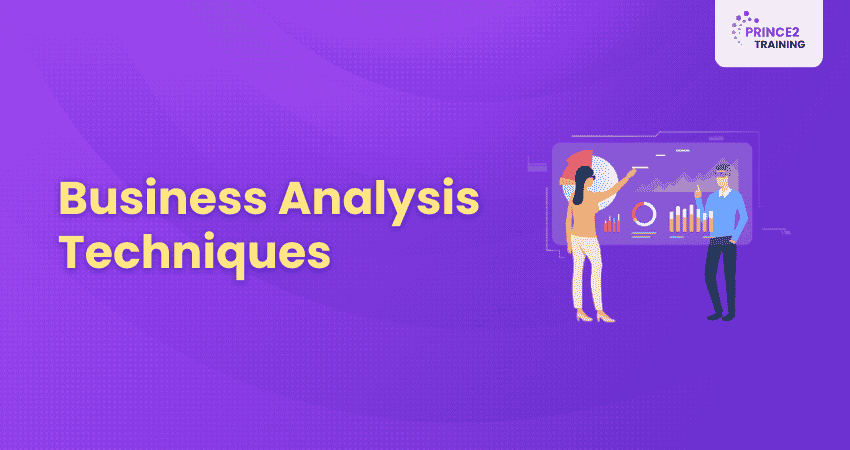
Top 15 Effective Business Analysis Techniques to Achieve Success
Veronica Davis14-Jan-2025
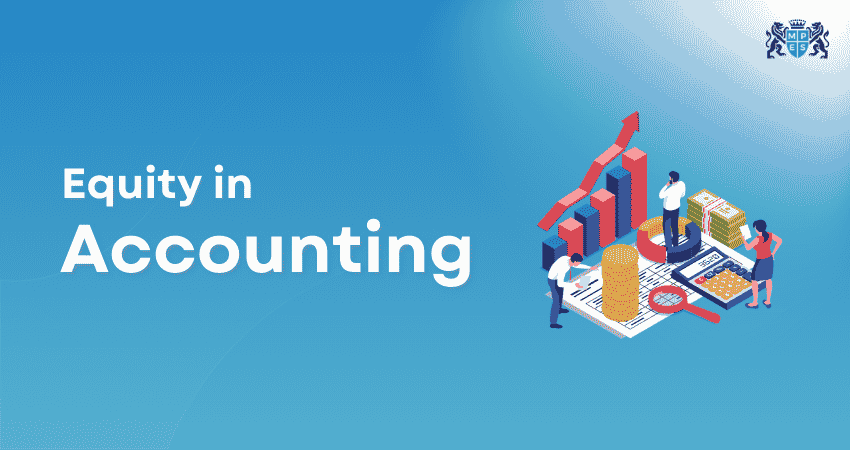
Equity in Accounting: Meaning, Components & How to Calculate it
Maria Thompson10-Jan-2026
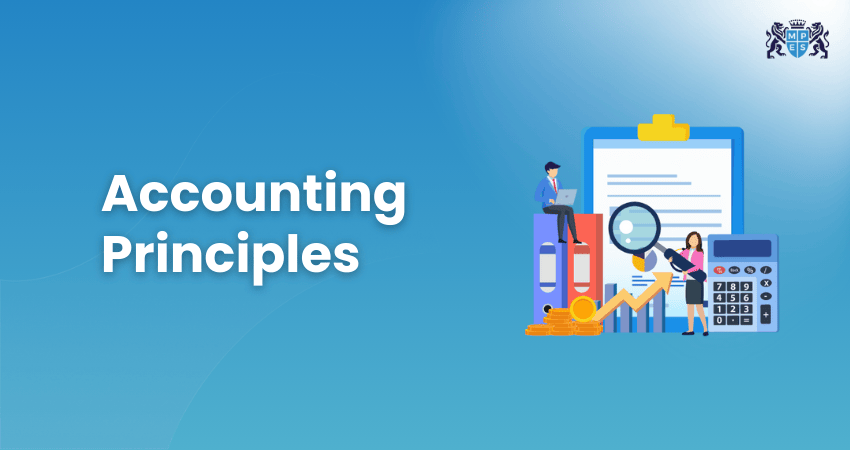
Accounting Principles: Definition, Types, Importance, and Benefits
Grace Mitchell22-Sep-2025
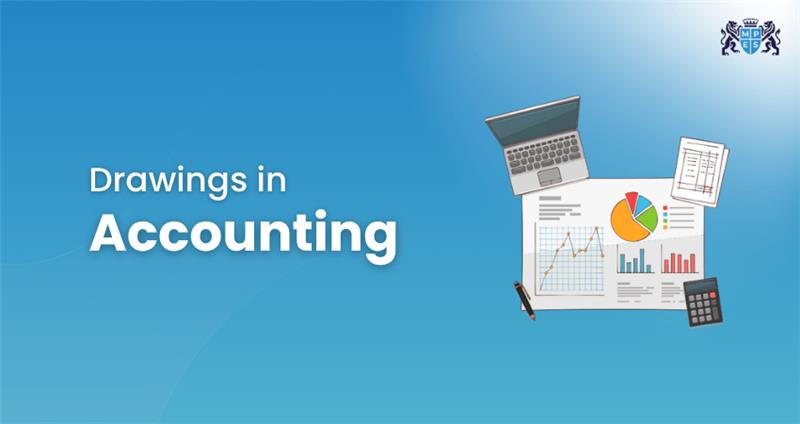
Drawings in Accounting: Definition, Characteristics, and Examples
Maria Thompson21-Jul-2025

The Best Accounting and Finance Books for Professionals and Students
Maria Thompson07-Jul-2025

Activity-Based Costing (ABC): Definition, Benefits & Limitations
Maria Thompson16-Jun-2025

Job Shadowing: How it Benefits Teams via Observational Learning
Maria Thompson13-Jun-2025

Deferred Revenue: Definition, Liability Risks & Examples Explained
Maria Thompson10-Jun-2025

18 High Income Skills to Master in 2026 for Great Profitability
Maria Thompson26-May-2025

AI in Workplace: Benefits & Examples Shaping the Future of Work
Maria Thompson20-May-2025

15 Reasons Why to Become an Accountant: Benefits & Career Growth
Maria Thompson14-May-2025

How to Motivate Yourself: 20 Powerful Tips for Self-improvement
Maria Thompson12-May-2025
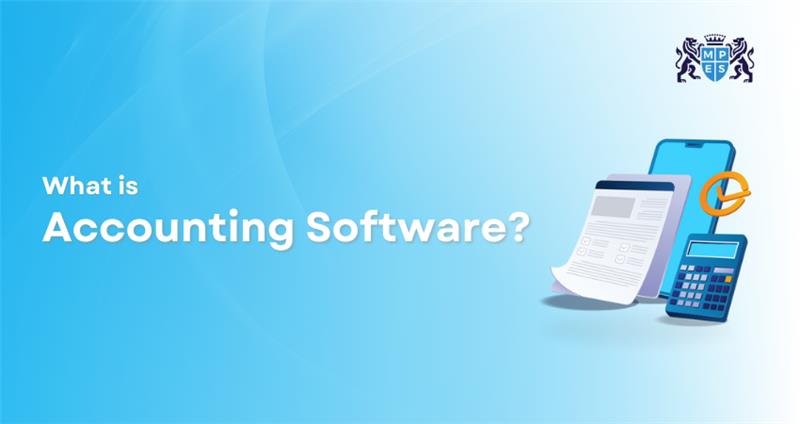
What Is Accounting Software? Features, Types & Benefits Explained
Maria Thompson07-May-2025

Cyber Security for Business: Meaning, Importance & Tips Explained
Maria Thompson02-May-2025

What is Bookkeeping, Its Importance and How to Become a Bookkeeper
Maria Thompson28-Apr-2025

Freelancing vs Full-Time Employment: Choosing the Right Career Path
Maria Thompson25-Apr-2025

What is Financial Reporting: Types, Importance and Uses Explained
Maria Thompson21-Apr-2025
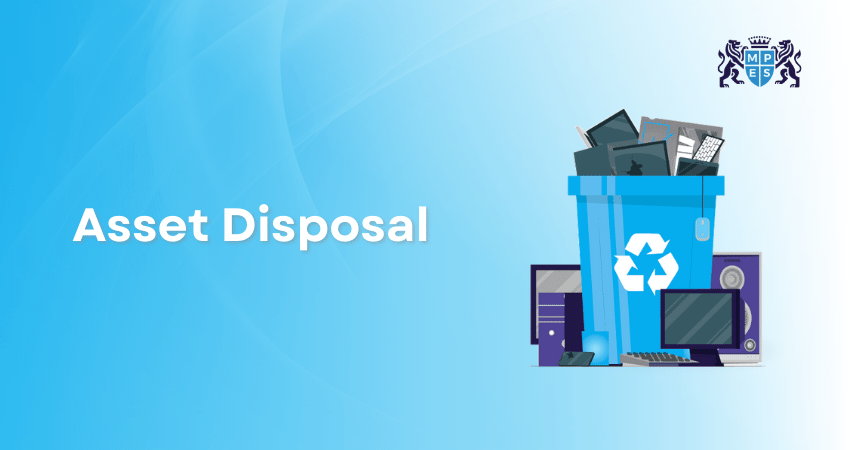
Asset Disposal: Definition, Types, Methods and Examples Explained
Maria Thompson16-Apr-2025

Allowable and Disallowable Expenses in the UK: Explained in Detail
Maria Thompson09-Apr-2025

What is Human Resource Management (HRM)? Principles and Functions
Maria Thompson08-Apr-2025

Navigating Career Transitions with the 10 Steps Framework Guide
Maria Thompson28-Mar-2025

Top 15 IT Soft Skills Every Tech Professional Should Have in 2025
Maria Thompson05-Mar-2025

Trade Payables: Definition, Benefits, Tips, and Examples for Business
Maria Thompson03-Mar-2025

What is Goodwill in Accounting? Importance, Types, and Examples
Maria Thompson11-Feb-2025

Audit vs. Assurance: Definitions, Key Differences & Similarities
Maria Thompson03-Feb-2025

What is DeepSeek R1 Model, and How it Ranks Against OpenAI's o1?
Maria Thompson31-Jan-2025

What Is Cash Basis Accounting? Definition, Example and New Updates
Maria Thompson29-Jan-2025

Corporate Tax Planning: Definition, Types, Strategies, and Benefits
Maria Thompson27-Jan-2025

The Power of Resilience: Strategies to Develop Your Inner Strength
Maria Thompson23-Jan-2025

Financial Accounting vs Management Accounting: What's the Difference?
Maria Thompson22-Jan-2025

Role of Mentorship in Career Development: A Catalyst for Success
Maria Thompson16-Jan-2025

What is a Stakeholder: Definition, Types and Examples Explained
Maria Thompson13-Jan-2025

15 Reasons You Should Invest in Professional Development: Explained
Maria Thompson03-Jan-2025

What is Corporate Governance: Principles, Models, and Best Practices
Maria Thompson23-Dec-2024

What Is Management Accounting? Types and Key Functions Explained
Maria Thompson18-Dec-2024

Accounting Secrets to Effective Budgeting: Proven Strategies for Creating Effective Budgets
Maria Thompson16-Dec-2024

Financial Accounting in a Remote Work Era: Adapting Key Practices
Maria Thompson12-Dec-2024

Future-ready Accountants: Top Certifications to Bridge Skills Gaps in 2025
Maria Thompson04-Dec-2024
 Have Any Question?
Have Any Question?
 +44 7452 122728
+44 7452 122728






 Back
Back



